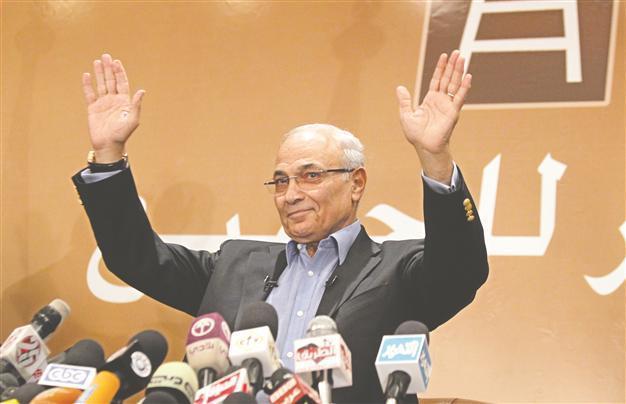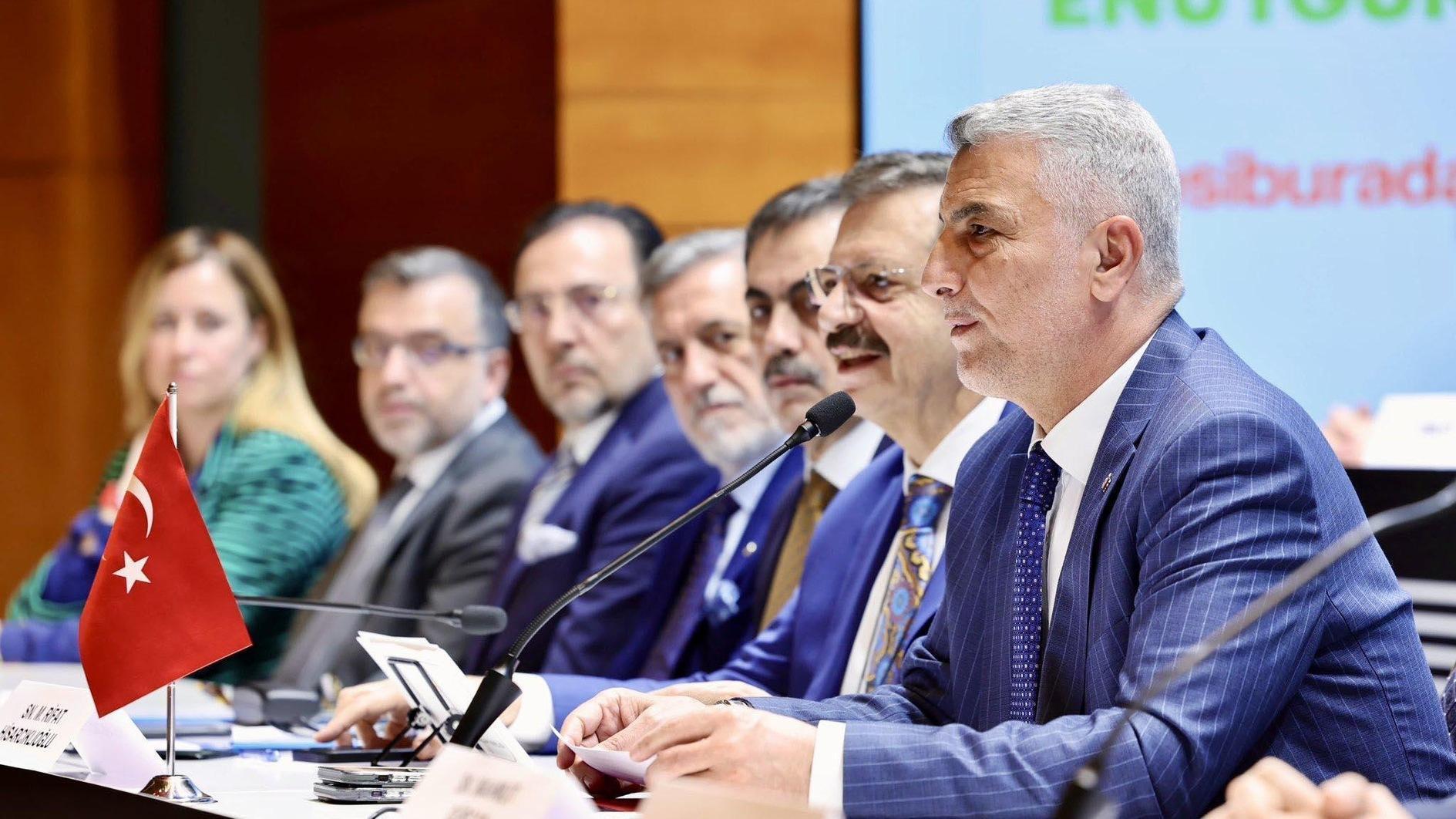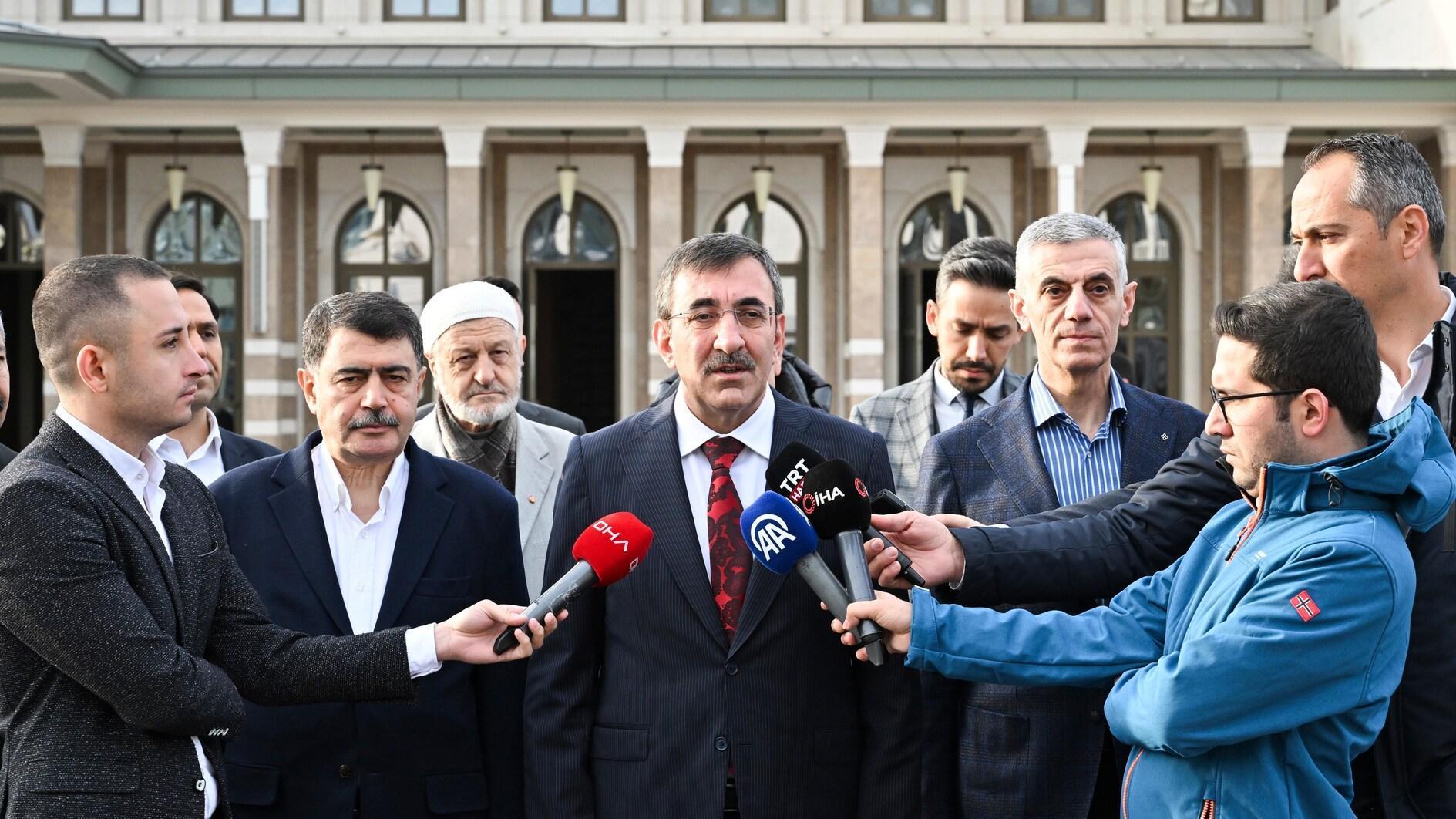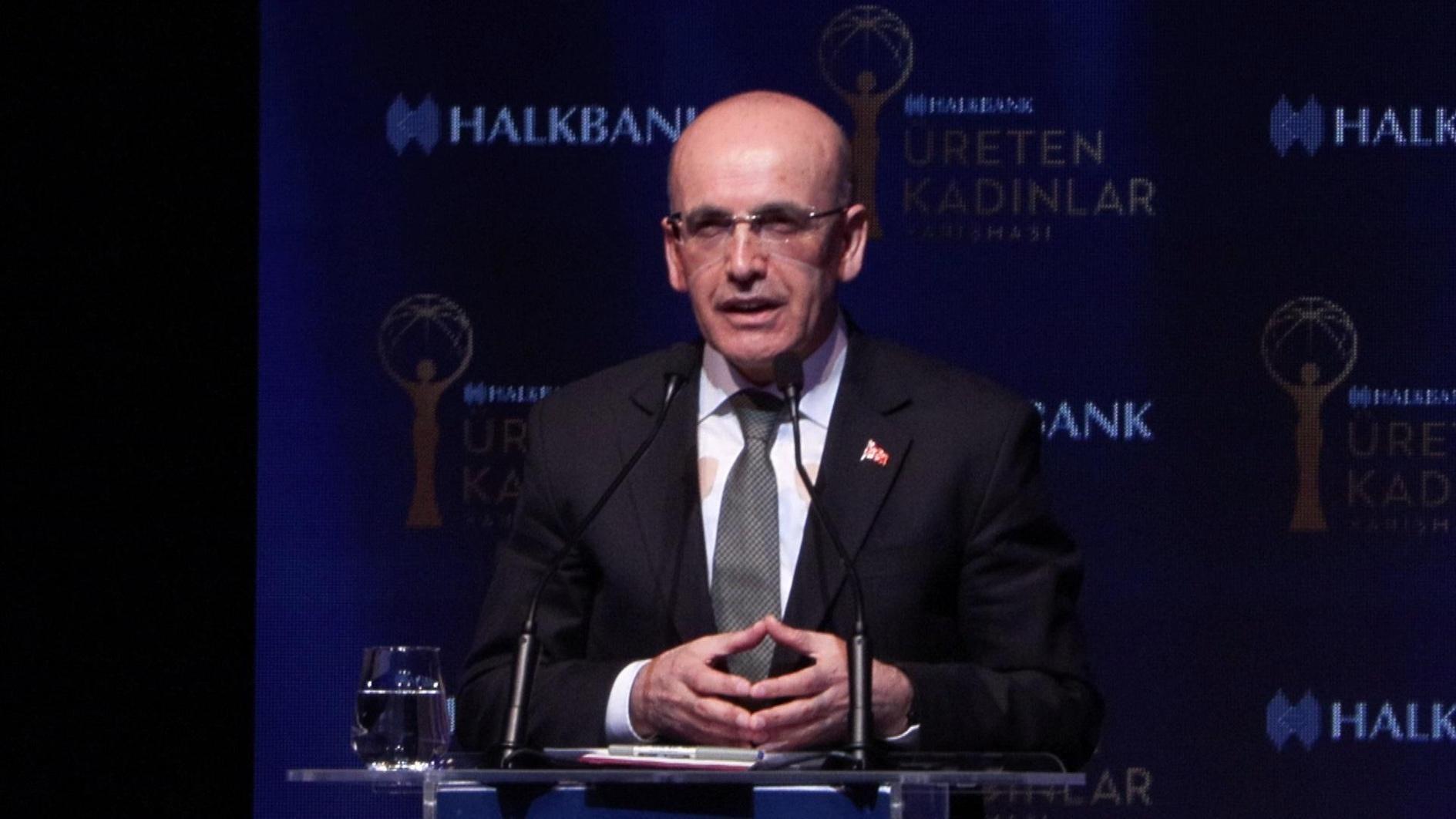Shafiq leaves Egypt after graft charges
CAIRO

Ahmed Shafiq who was defeated by Morsi in Egypt presidential polls left the country. EPA photo
Ahmed Shafiq, Hosni Mubarak’s last prime minister who was defeated by Mohammed Morsi in the race for Egypt’s new president, has left the country for the United Arab Emirates, according to a Cairo airport official.The official says Ahmed Shafiq flew out of Egypt at dawn yesterday, just hours after the country’s prosecutor general opened an investigation into allegations that he wasted public funds during his eight-year-term as a civil aviation minister under Mubarak.
The official says Shafiq was accompanied by his three daughters and grandchildren. The official spoke on condition of anonymity because he was not authorized to talk to the media. Muslim Brotherhood’s candidate Mohammed Morsi narrowly defeated Shafiq in the presidential election runoff that deeply polarized the nation.
Meanwhile, the Brotherhood has reached some agreements with the army on the powers of Morsi and the fate of a now-dissolved Islamist-led Parliament. The Brotherhood, banned under Mubarak, sent its supporters onto the streets last week, promising open-ended protests after the Supreme Constitutional Court ordered the lower house dissolved, saying rules had been broken during its election six months ago.
That decision, backed by the army, threatened to force a new parliamentary election, which erode the bloc won by the Brotherhood and its allies, and undermine one of the biggest gains of the revolt that toppled Mubarak last year.
Morsi will be sworn in on June 30, probably before the Constitutional Court, and the Brotherhood will also stage a symbolic swearing-in ceremony in Tahrir Square, according to Yasser Ali, an aide to Morsi. “We are working on reaching a compromise on various items so all parties are able to work together in the future,” said Essam Haddad, a senior member of the Brotherhood and also an aide to Morsi.
“We do not accept having a president without powers. The solution being worked out now is scaling back those restrictions so that President Morsi can deliver to the people what he promised,” Haddad said. Haddad said the military would keep control of its budget and internal affairs, but the generals would have to keep their hands off an assembly charged with writing a new constitution.
In its latest power grab, the army gave itself the right to veto articles of the constitution that the assembly will draft, angering the Brotherhood, which itself wants a big say. “The negotiations involve loosening the grip of the generals on the constitutional assembly so that it can draft the new constitution without interference,” Haddad said. A senior Brotherhood aide, who asked not to be named, said the generals had agreed to lift their veto power over the composition of the 100-member assembly, provided that about 10 of its Islamist members were replaced with technocrats favored by the military.
















